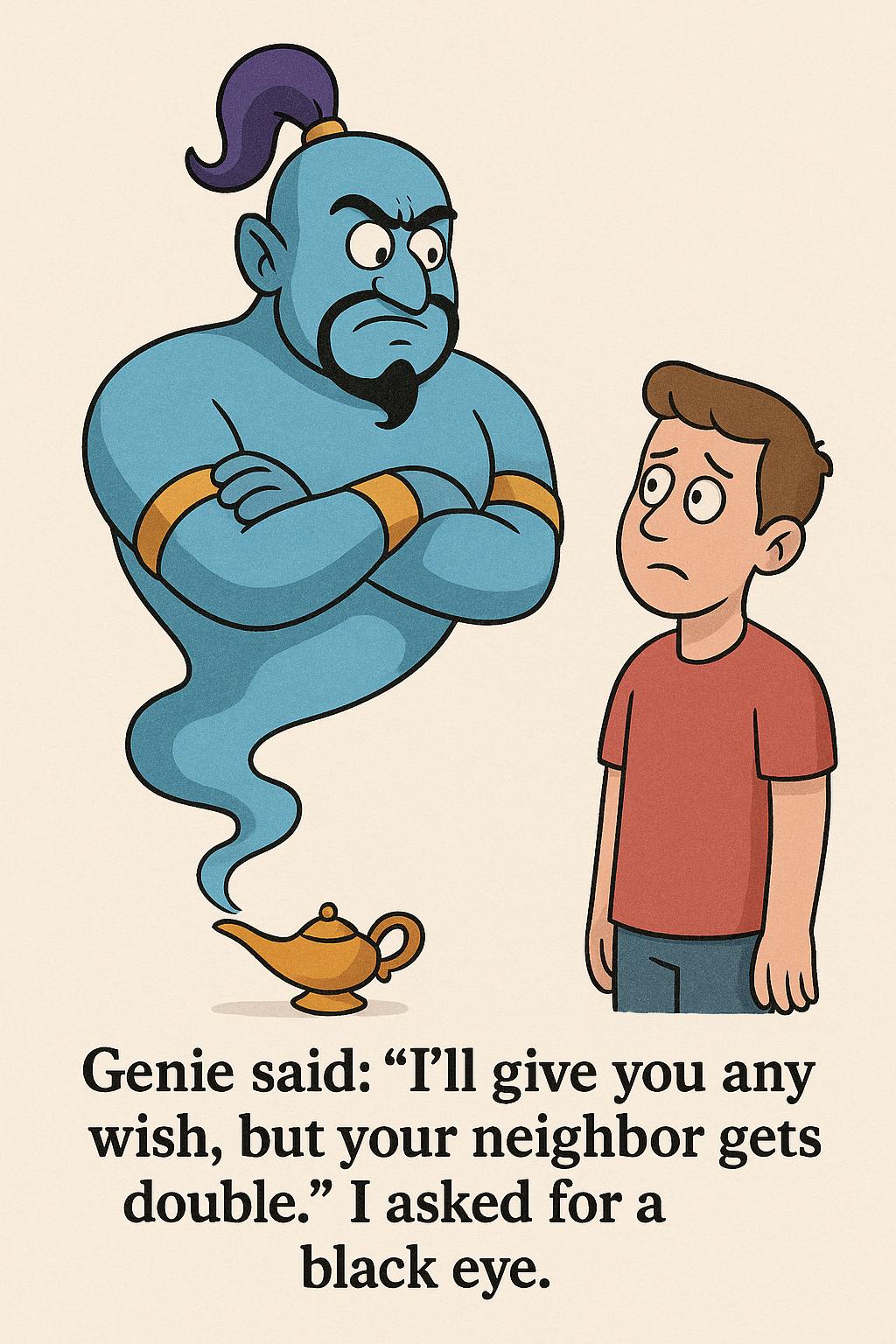|
 |
Backsliding On Education, Suicide Prevention, Elderly Care, and Much Else
What Happens When Government Can’t Make Basic Adjustments?
Today’s partisan fighting and its true wish
Despite the intense focus elected officials now place on having a good political fight, while delighting in the denigration of other officials, civil servants, or public figures who disagree with them, most good public policy isn’t partisan at all. It mainly involves adjusting over time to changing needs and opportunities: giving more attention to those that rise and less to others. Recent reports warn us about how poorly we are meeting that fundamental requirement for good government.
·The Nation’s Report Card, which presents results from the National Assessment of Educational Progress, shows new lows in average math and reading skills. As reported by the Wall Street Journal and reprinted by Douglas Holtz-Eakin, “Twelfth-graders’ average math score was the worst since the current test began in 2005, and reading was below any point since that assessment started in 1992.”
Citing data from the Centers for Disease Control and Prevention (CDC), Richard Reeves, President of the Institute of Boys and Men, points to the alarmingly rising rate of suicide among men, approximately 40,000 per year now. Reeves notes that male suicide rates equal the mortality rates for women from breast cancer. He also states that about five times as many construction workers die from suicide as from workplace accidents.
CBS News recently reported that data from the Department of Health and Human Services (HHS) indicate that nearly 70% of Americans aged 65 and older will need some form of long-term care during their lifetime. Few older households can afford this for long, with the average private cost of a nursing home stay exceeding $120,000, and the median net worth of families aged 65 to 74 in 2022 being only a bit above $400,000. With the baby boomers now starting to move into their 80s, the share of the population needing these services will increase significantly.
Douglas Holtz-Eakin describes the lack of educational data as a disgrace. Richard Reeves considers the male suicide rate a national tragedy. Urban Institute researchers are among many who have long pegged decades of policy inaction in long-term care financing as a looming crisis.
Holtz-Eaken extends his critique of educational progress, but his words resonate with many overlooked issues: “The disgrace is that NOBODY IS TALKING ABOUT THIS! America’s future is at risk, and the House is discussing a dead pedophile, while the Senate is rubber-stamping an administration mole for the Fed [Federal Reserve], and the White House is building a better ballroom.”
It’s one thing for some things to get worse. That’s a basic aspect of life and nature. And we’ve been fortunate and skilled enough in this country that many other things have improved over time. The problems metastasize when we fail to change gears and adapt, especially when patterns like low educational attainment, higher male suicide rates, and increasing long-term care needs have been continuing for some time.
Imagine a family acting that way. If a daughter gets sick this week, we will focus on her. As she recovers and a son gets sick next week, would we still prioritize our daughter’s needs?
Why can’t we, as a people, when acting through our government, do what any well-functioning family would do? Two explanations lie in the power of the status quo and the manipulation of information systems to hide and distract from what is essential.
We can easily become addicted to the status quo, shifting our attention and resources to the same things tomorrow as we did yesterday. Consider perpetual spending and tax subsidy programs, especially those with built-in automatic growth. People start to believe not just that they are entitled to what they had yesterday, but also to what some dead politicians established as a growing priority for a future they couldn’t possibly predict.
Meanwhile, interest groups, power seekers, and businesses constantly compete for our attention, often with misleading, if not downright false, information. The bad frequently overcomes the good. Psychology explains how they appeal to our brain’s natural wiring for survival and pleasure, which then conflicts with the focus required for what is beneficial and most useful.
Organizing government to reallocate resources toward growing needs, therefore, requires less automatic commitment to the status quo and the creation and use of reliable information systems that identify how various needs are increasing or decreasing. Of course, that is not all that is required to solve problems, but it takes us a long way.
That type of straightforward approach to figuring out proper directions for government policy is not partisan. Today, however, partisanship—group appeals to followers and “othering,” or defining as less human, those in other groups—has become the aim of so many elected officials. It, not the public good, has become the goal itself. And therein lies today’s greater disgrace, tragedy, and crisis.
